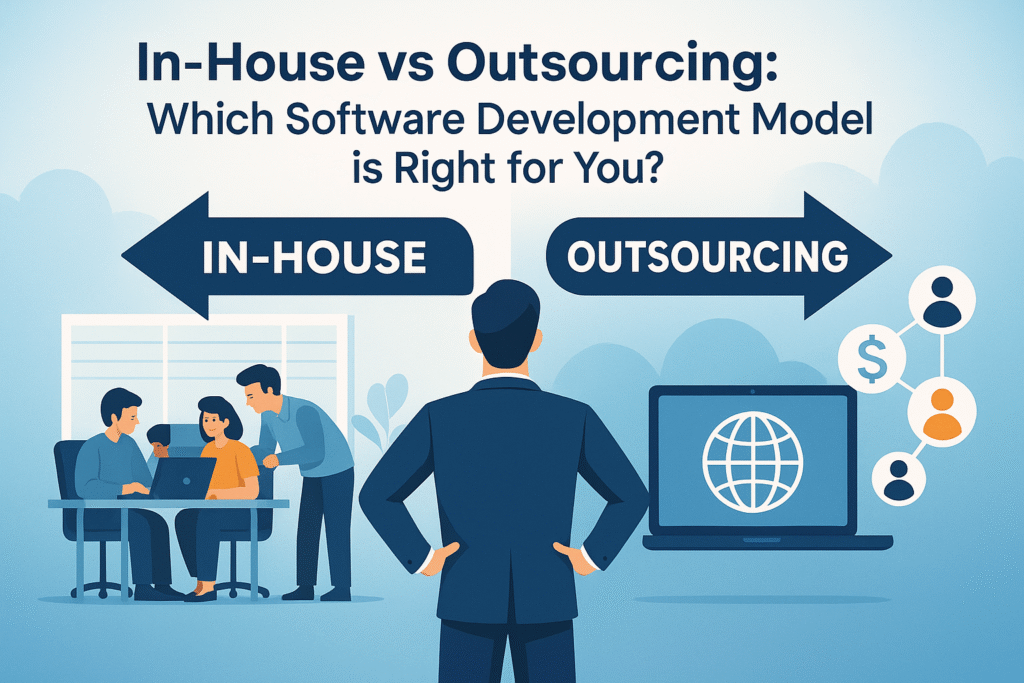Introduction
When it comes to backend development, Choosing the right backend technology is crucial for your project’s success. In this blog, we’ll compare PHP vs Node.js to help you decide which backend solution best fits your needs. Both technologies have their strengths, but the right choice depends on your specific project requirements, such as scalability, performance, ease of development, and community support.
PHP has been a trusted backend technology for decades, powering major platforms like WordPress and Drupal. It is known for its simplicity, extensive documentation, and compatibility with most hosting providers. On the other hand, Node.js has gained traction due to its non-blocking, event-driven architecture, which makes it ideal for handling real-time applications like chat apps and streaming services.
In this blog, we’ll explore the key differences between PHP vs Node.js, helping you determine which backend technology is the best fit for your project. Learn more.

What is PHP?
PHP (Hypertext Preprocessor) is a popular server-side scripting language primarily built for creating dynamic web pages and applications. It enables developers to embed code within HTML to generate content and manage server-side functions efficiently. Since its release in 1995, PHP has become one of the most popular backend languages, powering over 77% of all websites with a known server-side programming language.
Key Features of PHP:
- Easy to Learn: PHP has a simple syntax, making it easy for beginners to get started.
- Compatibility: Works well with almost all operating systems and web servers.
- Wide Community Support: A large developer community offers extensive resources and support.
- Built-in Database Support: Seamlessly integrates with databases like MySQL and PostgreSQL.
- CMS Powerhouse: Platforms like WordPress, Joomla, and Drupal are built on PHP.
What is Node.js?
Node.js is a cross-platform runtime environment that allows developers to execute JavaScript code on the server side. It enables fast, scalable network applications using a non-blocking, event-driven architecture. Released in 2009, Node.js is built on Chrome’s V8 JavaScript engine and enables fast, scalable network applications.
Key Features of Node.js:
- Non-blocking I/O: Handles multiple requests simultaneously without waiting for one to finish.
- Fast Execution: Built on V8, Node.js compiles JavaScript into machine code for fast execution.
- Unified Language: Developers can use JavaScript for both frontend and backend development.
- Scalable: Suitable for real-time applications and microservices.
- Strong Community: Supported by a large and active developer community.
Performance and Scalability
Performance and scalability are critical factors when choosing a backend technology:
- PHP processes requests synchronously, which can sometimes cause delays under heavy loads. However, PHP 7 introduced significant performance improvements with its OPcache and Just-In-Time (JIT) compiler.
- Node.js handles asynchronous operations efficiently, making it better suited for real-time applications and large-scale platforms. Its non-blocking nature allows handling thousands of simultaneous connections without performance degradation.
Ease of Use and Learning Curve
- PHP is known for its easy-to-understand syntax and straightforward setup, making it ideal for beginners.
- Node.js requires familiarity with JavaScript and concepts like asynchronous programming, which may have a steeper learning curve. However, the unified language for both frontend and backend development simplifies the development process.
Community and Ecosystem
- PHP has a mature ecosystem with frameworks like Laravel, Symfony, and CodeIgniter that speed up development.
- Node.js benefits from the expansive npm (Node Package Manager) library, offering over 1 million packages to streamline development.
Security
- PHP has built-in security features like input validation and protection against common vulnerabilities like SQL injection and XSS (Cross-Site Scripting).
- Node.js relies on third-party libraries for security, which may introduce vulnerabilities if not regularly updated.
Use Cases:
Best Use Cases for PHP:
- Content Management Systems (e.g., WordPress, Joomla)
- E-commerce platforms (e.g., WooCommerce)
- Blogs and portfolio websites
Best Use Cases for Node.js:
- Real-time applications (e.g., chat apps, online gaming)
- Streaming platforms (e.g., video, audio)
- API development and microservices
Which One Should You Choose?
If you are building a content-heavy website, an e-commerce platform, or a CMS-based site, PHP is a reliable and efficient choice. However, if you need to handle high concurrency and real-time data processing, Node.js is the better fit.
Conclusion
Choosing between PHP vs Node.js depends on your project requirements. PHP is ideal for traditional web development, while Node.js excels in real-time and high-performance applications. Understanding their strengths and limitations will help you make an informed decision and create a robust backend for your project.



